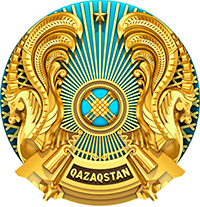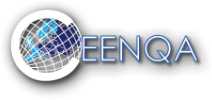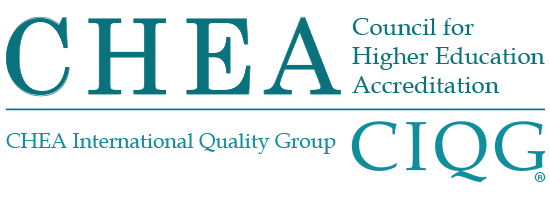ADDITIONAL EDUCATION
Additional professional education is aimed at meeting the educational needs throughout life in order to obtain an additional amount of knowledge and skills in accordance with the ongoing socio-economic changes in society.
Additional adult education is provided by the educational organizations, as well as the legal entities that have structural divisions that implement additional educational programs.
In the process of institutional accreditation, the quality of education and the scientific activity of the educational institution is evaluated. The IQAA standards and criteria for institutional accreditation are developed in accordance with the Standards and Guidelines for Quality Assurance in the European Higher Education Area (ESG) and are intended for the internal quality assurance of the educational institution.
Through accreditation, the educational institution has the opportunity to receive an independent expert assessment and measures to further improve its activities.
The accreditation procedure of the educational program is carried out by independent international and national experts in accordance with the Standards and criteria of the IQAA program accreditation and covers all aspects of the educational program.
After receiving accreditation, the Agency annually conducts post-accreditation monitoring (PAM). Educational institutions must submit an annual report to IQAA on the changes and achievements that have occurred during the year in order to carry out continuous monitoring of activities and periodic evaluation of educational programs. Periodically and selectively, monitoring is carried out with a visit directly to the educational organization. All procedures for post-accreditation monitoring are prescribed in the Regulations on Post-accreditation Monitoring.
Thus, by promoting high quality in education, the Agency provides an opportunity for educational organizations to eliminate the identified inconsistencies and improve their activities.


 Ministry of Science and Higher Education of the Republic of Kazakhstan
Ministry of Science and Higher Education of the Republic of Kazakhstan 

 Ministry of Education and Science of the Kyrgyz Republic
Ministry of Education and Science of the Kyrgyz Republic 



